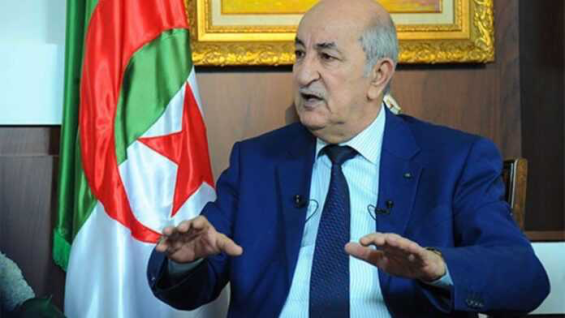Algerian President Abdelmadjid Tebboune made a surprise move on February 12th, proposing the creation of free trade zones with five African countries despite losing ground in the Sahel region.
«Algeria will experience, in 2024, the creation of free zones with sister countries», Tebboune said in a videoconference speech. «We will start with Mauritania, then the Sahel countries such as Mali and Niger, in addition to Tunisia and Libya», he announced during a meeting of the New Partnership for Africa's Development (NEPAD), an economic development program of the African Union.
Tebboune outlined ambitious plans for infrastructure development and private-public partnerships to attract investment. He pointed to existing projects like the trans-Saharan road and gas pipeline as examples of Algeria's commitment to regional integration.
Algeria loses ground in Sahel
This follows setbacks for Algeria in the region. In December, four Sahel states joined a Moroccan initiative for Atlantic access, and Mali withdrew from the Algiers peace agreement, citing «hostile acts» by Algeria.
However, Algeria's response to the Moroccan initiative - reportedly terminating loan accounts for Mali, Niger, and Burkina Faso - drew criticism and raised questions about its future role in the Sahel.
Algerian President's announcement of free trade zones came just as the Niamey government announced a visit by its Prime Minister and Minister of Economy and Finance to Morocco. The Prime Minister will be accompanied by a high-level delegation, including the Minister of State in charge of National Defense and the Minister of Foreign Affairs.
Unlike Morocco, which maintained a neutral stance on recent military coups in the Sahel, Algeria condemned the coups and used its diplomatic influence to advocate for the reinstatement of deposed presidents, particularly in Mali and Niger.
During the Malian coup, Morocco called for «stability in the country, urging all parties to engage in responsible dialogue, respecting the constitutional order and preserving democratic gains». Regarding Niger, Rabat «expressed confidence in the wisdom of the people and active forces in Niger to preserve their gains and maintain their important constructive regional role, working to achieve the aspirations of the people».





 chargement...
chargement...













